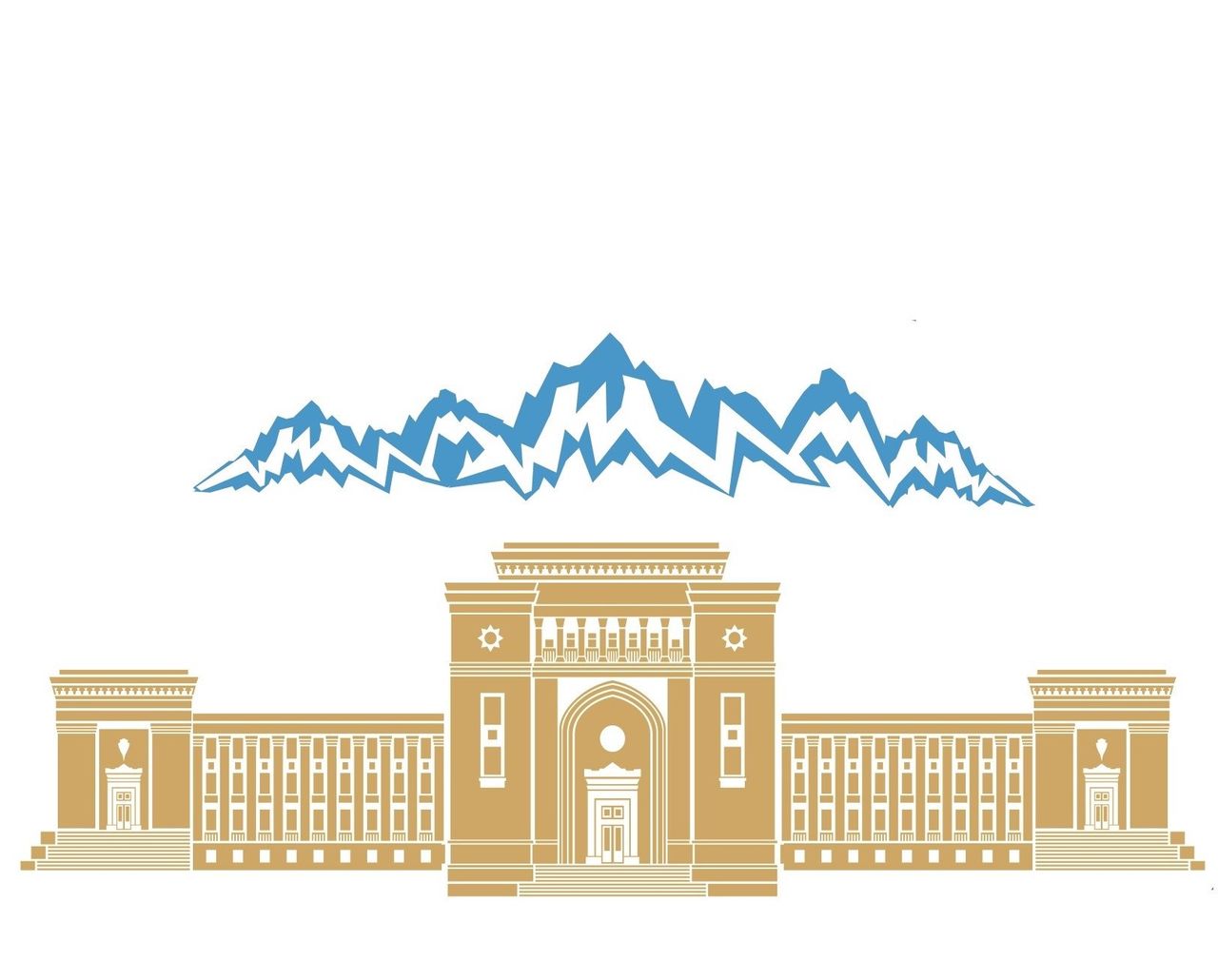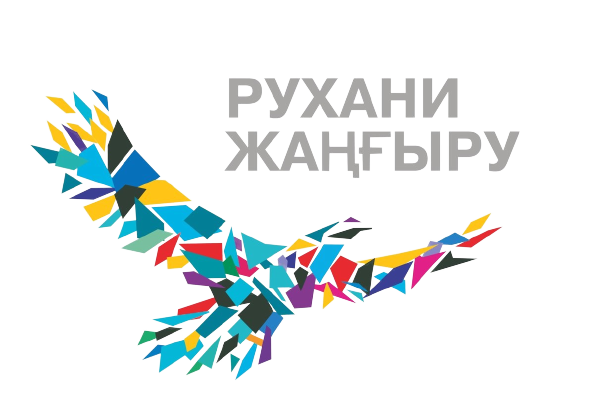YELTOK DILIMBETULY DILMUKHAMEDOV

Yeltok Dilimbetuly Dilmukhamedov (21.09.1903–18.03.1990) was a prominent Kazakh Soviet historian.
Yeltok Dilimbetovich Dilmukhamedov was born on September 21, 1903 in the village of Kokkul, Kokkul volost, Chimbaysky Uyezd (now Pervomaisky state farm of the Karakalpak ASSR). The family of Dilimbet, the father of Yeltok Dilmukhamedov, had many children. The multiplication of the family was facilitated by the fact that his wife gave birth to twins three times. The youngest of his 22 children was Yeltok. He spent his childhood years mainly with four brothers (Zholysh, Nauryzaly, Patulla, Yelubai) and his sister Zlikha. In the summer of 1916, Yeltok’s parents had to leave their native land of Kokkul forever. The reason for the migration was that on June 25, 1916, Emperor Nicholas II signed a decree on attracting male non-native population aged 19 to 43 years for rear work on the construction of defensive structures and military fortifications in the area of the active army on the fronts of the imperialist war. Against this royal decree, popular unrest began in the city of Cimbai and the district of Cimbai. Yeltok’s parents migrated to the bank of the Amu Darya, from there to the Aktobe region, to the Bestamak station, now belonging to the state farm named after him. Gorky Alchinsky district, where their daughter Zlikha lived, given in 1914. married.
In the winter of 1918, Yeltok’s parents died of starvation in the Bay farm of Yelzhan Itesov. Yeltok had to experience the life of a street kid, wandering through railway stations and Russian villages, collecting alms. In 1921 Yeltok and Nauryzaly’s brother moved from Kungrad to Khiva, the then capital of the Khorezm Soviet Republic. Here, thanks to the help of an employee of the Kazakh-Karakalpak department at the Central Executive Committee of the Khorezm Soviet Republic, the Karakalpak communist Badraddin Sidrasulov, he got the opportunity to study at the evening school of the educational program. Having learned to read and write in 1922, the 19-year-old Yeltok enters the nine-month Lenin Art School, where he joined the Komsomol, on May 1, 1924, at Lenin’s call, Yeltok became a candidate member of the Communist Party, took part in the fight against Basmachism.
From October 1924 to May 1930 he was a student of the Central Asian Communist University (hereinafter – CACU) named after V.I. Lenin in Khiva. On December 16, 1925, here he was accepted as a member of the All-Union Communist Party (Bolsheviks). In 1927 Yeltok Dilimbetovich is sent for a one-year practical work in the Karakalpak ASSR as the head of the organization department of the Kungrad district party committee. In August 1928, he returned to Tashkent and graduated from the University in May 1930.
After graduating from the Central Asian Communist University, until 1934 he worked as a lecturer in social studies at the Working Faculty of the Central Asian Cotton Irrigation Polytechnic Institute in Tashkent (from January 1 to April 1, 1930), party history in the Kyzyl-Orda regional, in the Kostanay interregional party schools, and then as an associate professor at the Aktobe Higher Communist Agricultural School. In 1934, the Central Committee of the Communist Party of the Soviet Union transferred him to the Central Asian Higher Communist Agricultural School in Tashkent. Here, while working as an associate professor, he was also a student of the Tashkent Institute of Marxism-Leninism. After graduating from this institute in 1938, he taught the basics of Marxism-Leninism at the regional courses of the party active in Shymkent and at the party courses of the Central Committee of the Communist Party of the Soviet Union of Uzbekistan in Tashkent in 1939-1940. In 1941-1942, E. Dilmukhamedov worked as the head of the Department of Fundamentals of Marxism-Leninism of the Karakalpak State Teachers’ Institute in Turtkul. However, on July 20, 1942, he was released from work due to conscription into the Workers’ and Peasants’ Red Army. From August 1942 to August 1947, he was the head of the Department of Fundamentals of Marxism-Leninism at the Tashkent Medical Institute. From there, at the request of the Central Committee of the Communist Party, he was transferred to Kazakhstan, where he worked as a senior researcher at the Institute of History, Archeology and Ethnography of the Academy of Sciences of the Kazakh SSR.
Since 1941, his research activity on the history of the national liberation movement in Kazakhstan began. On the topic “The Uprising of the Kazakhs under the leadership of Kenesara Kasymov” in 1946, at a meeting of the Academic Council of the Central Asian State University, he defended his dissertation for the degree of Candidate of Historical Sciences. After that , Yeltok Dilimbetovich in 1947 He moved from Tashkent to Alma-Ata and worked at the Institute of History, Archeology and Ethnography of the Kazakh SSR Academy of Sciences (MNS of the Department of Modern History of Kazakhstan of the Institute of History, Archeology and Ethnography of the Kazakh SSR Academy of Sciences (1947), Senior Researcher of the Department of History of pre-revolutionary Kazakhstan (1954), scientific consultant of this department (1977-1982)). He retired in 1982.
Since 1950, he has been successfully working on the development of problems of the history of industry, the formation of the revolutionary movement of the working class of pre-revolutionary Kazakhstan. In 1951, due to the installation on the assessment of the Kenesary Kasymov movement as having a feudal-monarchical character, the first defense of the candidate’s thesis was canceled. Yeltok Dilimbetovich was expelled from the party for making a political mistake in covering the reactionary monarchist movement of K. Kasymov, but was reinstated in the ranks of the party Bureau of the Central Committee of the Communist Party of Kazakhstan in 1953, after the decision of the Alma-Ata Regional Committee was canceled.
In 1954, at the Academic Council of the Kazakh State University named after S.M. Kirov, he received the degree of Candidate of Historical Sciences for his research on the topic “The revolutionary movement of miners of Kazakhstan at the beginning of the XX century.”
In 1957-1964, Yeltok Dilmukhamedov, as a prominent scientist, made reports on Kazakhstan and Karakalpakstan at All-Union scientific and theoretical conferences in Alma-Ata, Leningrad, Rostov-on-Don (All-Union Scientific session on the History of the Working Class, 1963), Moscow (All-Union Conference on the History of the First World War, 1964), etc., raising topical issues on the history of Kazakhstan for discussion. In 1973, in Moscow, he defended his doctoral dissertation on the topic “Mining industry and the formation of the working class in Northern and Central Kazakhstan in the XIX century.” Yeltok Dilmukhamedov devoted his life to the study of the history of our country and left behind valuable works.
Participated in the creation of a 2-volume “History of the Kazakh SSR”.
He was awarded the medals “For Valiant Labor in the Great Patriotic War of 1941-1945” and “For Valiant Labor. In commemoration of the 100th anniversary of the birth of V. I. Lenin”.
Main scientific works:
1. On the question of the birth of the working class in Kazakhstan // Bulletin of the Academy of Sciences of the Kazakh SSR. – 1950. № 3. (in Russian)
2. Dilmukhamedov E.D. The revolutionary movement of miners of Kazakhstan at the beginning of the twentieth century (1901-1917): Abstract of the cand.dissertations. – Alma-Ata, 1954. – 15 p. (in Russian)
3. Dilmukhamedov E.D. The revolutionary movement of miners of Kazakhstan at the beginning of the twentieth century (1900-1917). – Alma-Ata: Kazgosizdat, 1955. – 128 p. (in Russian)
4. The book about the revolutionary past of the miners of our republic // The Communist of Kazakhstan. – 1956. (in Russian)
5. Dilmukhamedov E.D. Formation of the mining proletariat in the Karaganda region // Bulletin of the Academy of Sciences of the Kazakh SSR. – 1959. – № 11. (in Russian)
6. Dilmukhamedov E.D., Malikov F. Essays on the history of the working class of pre-revolutionary Kazakhstan: The second half of the XIX-early XX centuries. – Academy of Sciences of the Kazakh SSR Institute of History, Archeology and Ethnography named after Ch.Ch. Valikhanov. – Alma-Ata: Izdat. Academy of Sciences Kaz. SSR, 1963. – 271 p. (in Russian)
7. Dilmukhamedov E.D. Socio-political activity of exiled Polish patriots in Kazakhstan // Bulletin of the Academy of Sciences of the Kazakh SSR. – 1966. – № 1. (in Russian)
8. Dilmukhamedov E.D. Mining, mining industry and the formation of the working class in Northern and Central Kazakhstan: Diss.doct.ist.N. Alma-Ata, 1970. (in Russian)
9. Dilmukhamedov E.D. From the history of the mining industry of Kazakhstan. – Alma-Ata, 1976. (in Russian)
10. Dilmukhamedov E.D. The uprising of the Kazakhs under the leadership of Kenesary Kasymov in 1837-1847 – Almaty, 2010 – 200 p. (in Russian)



